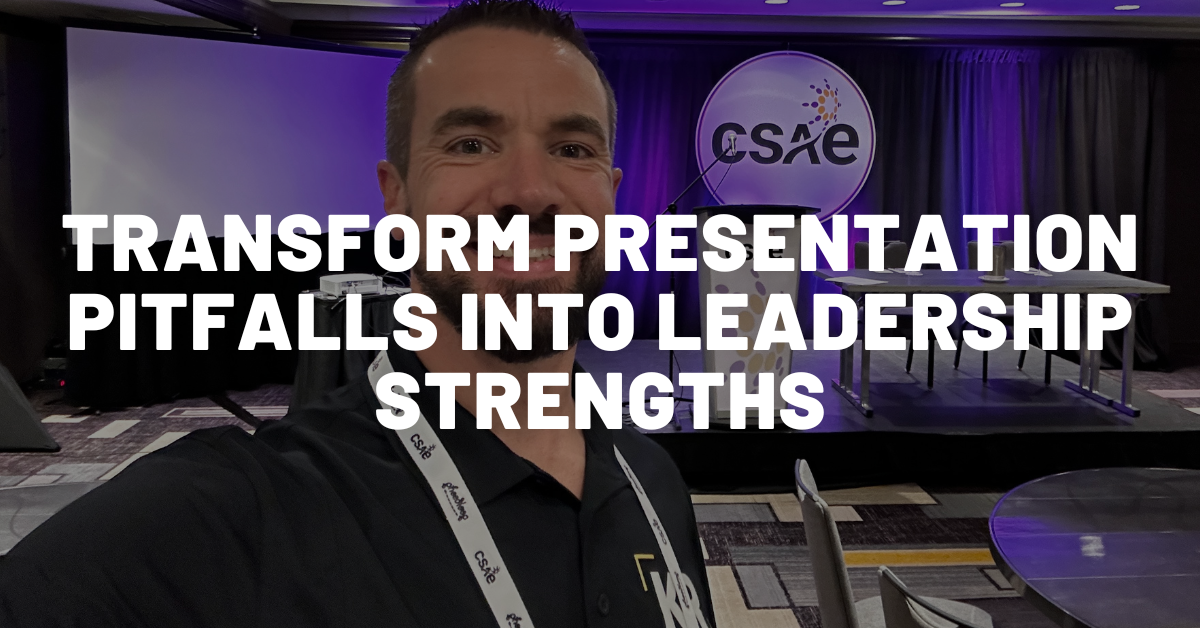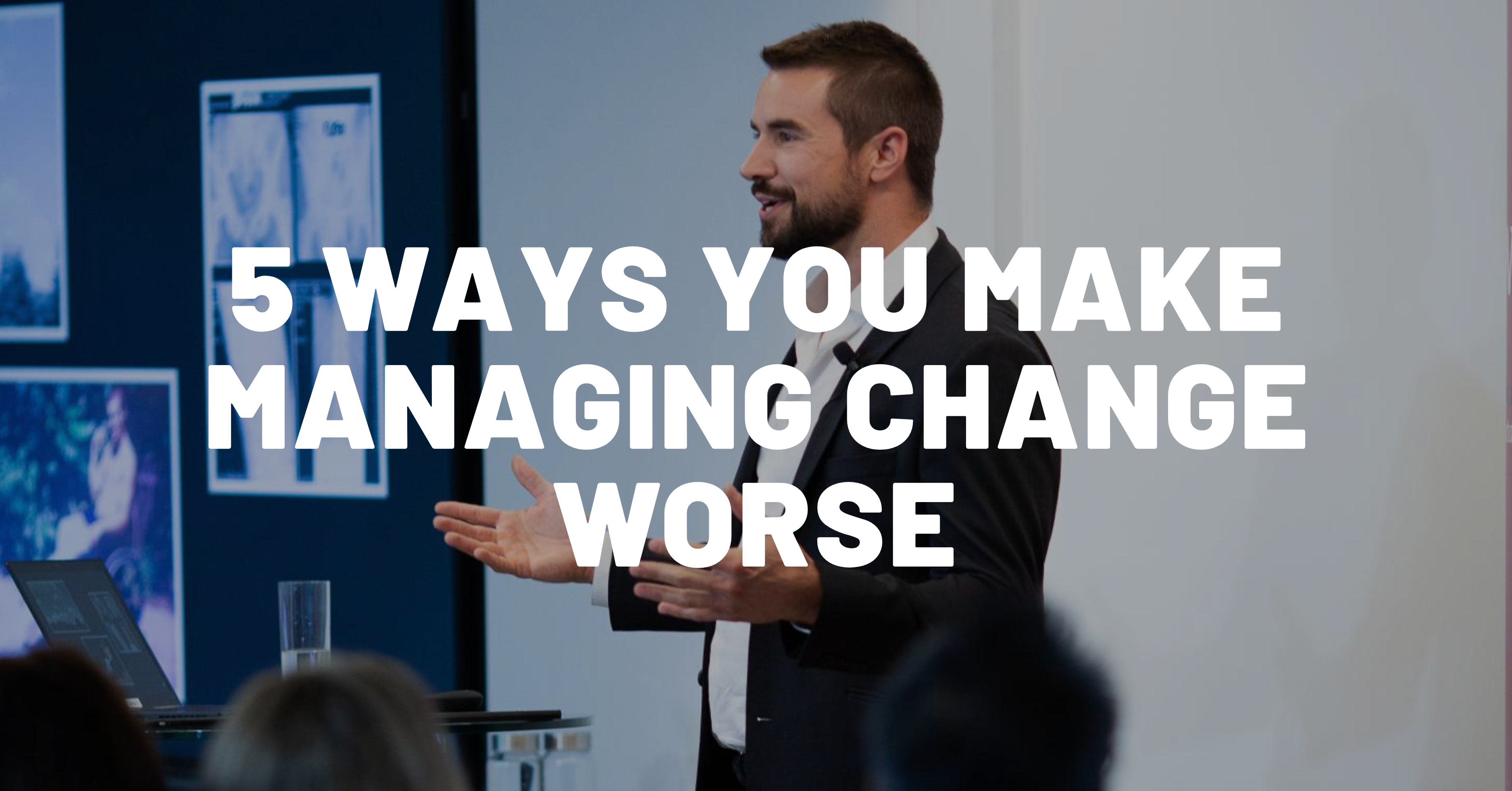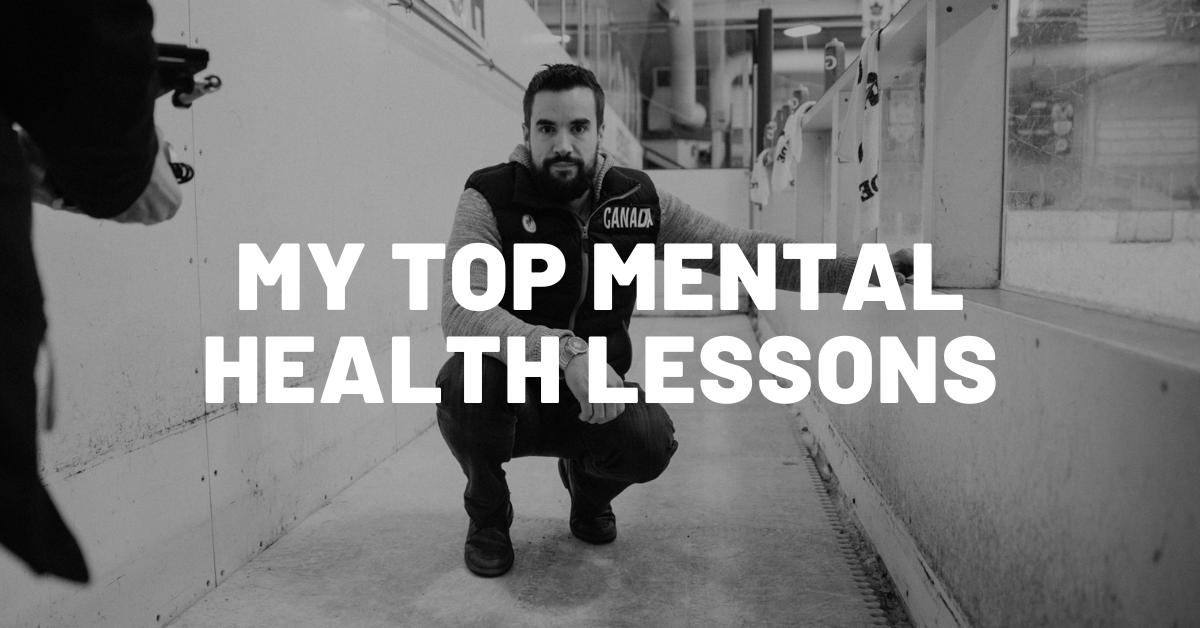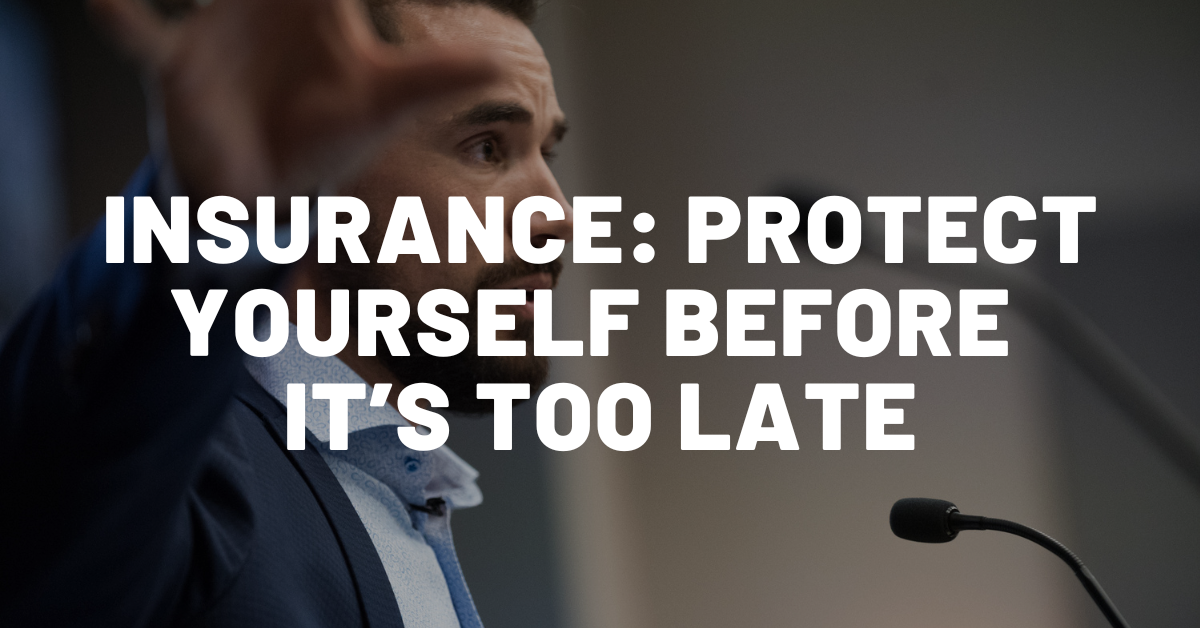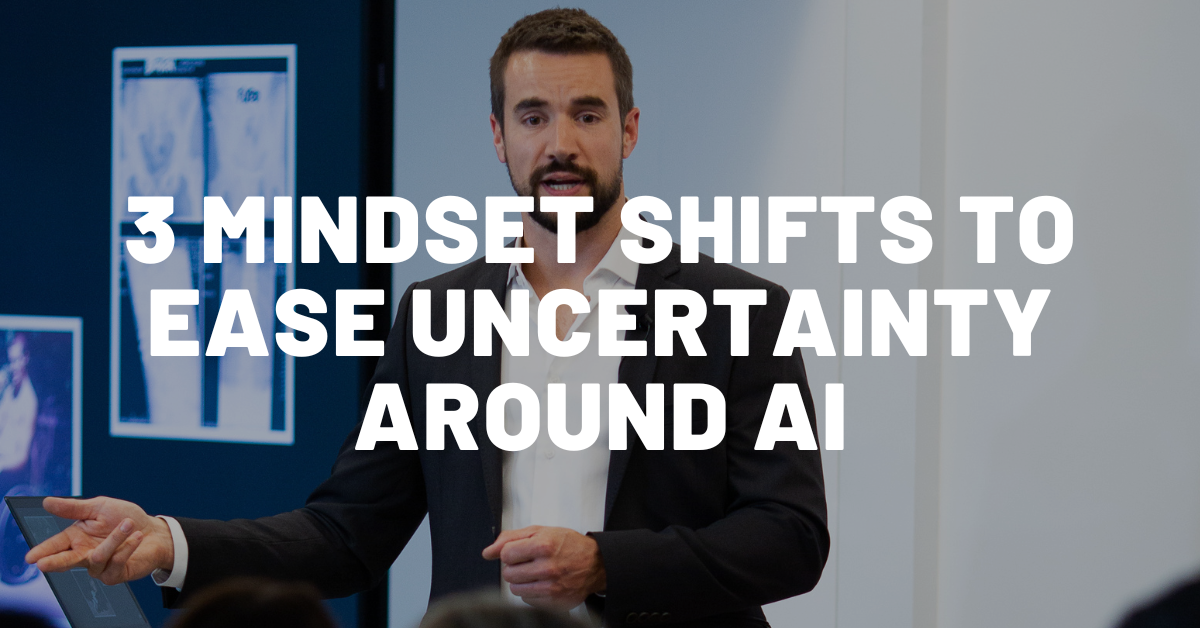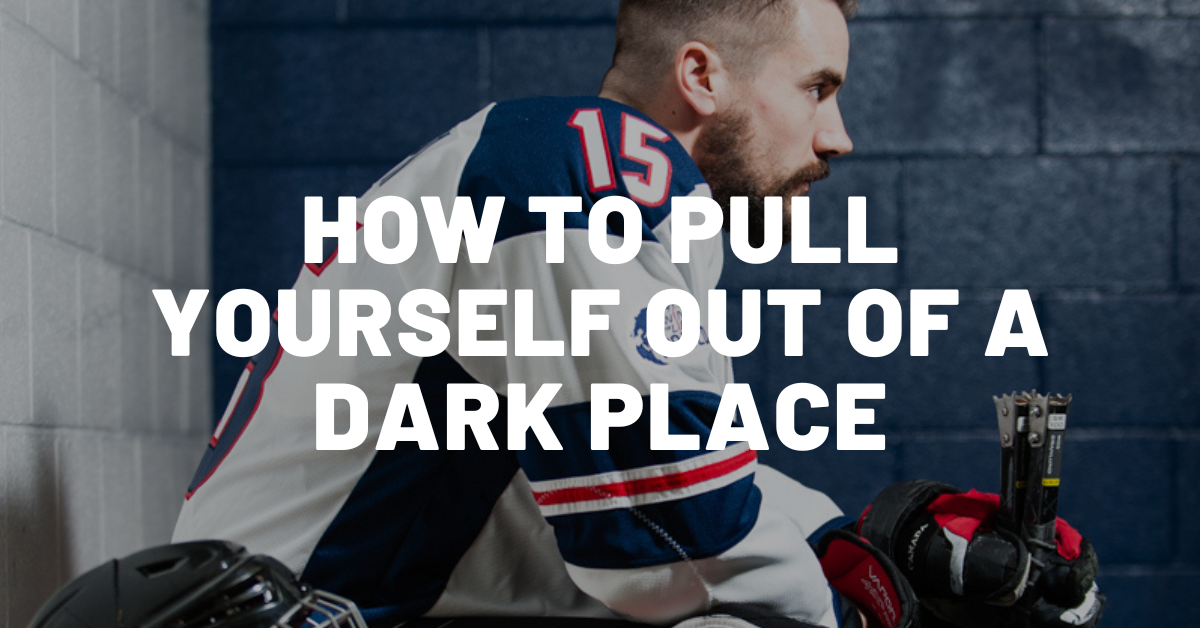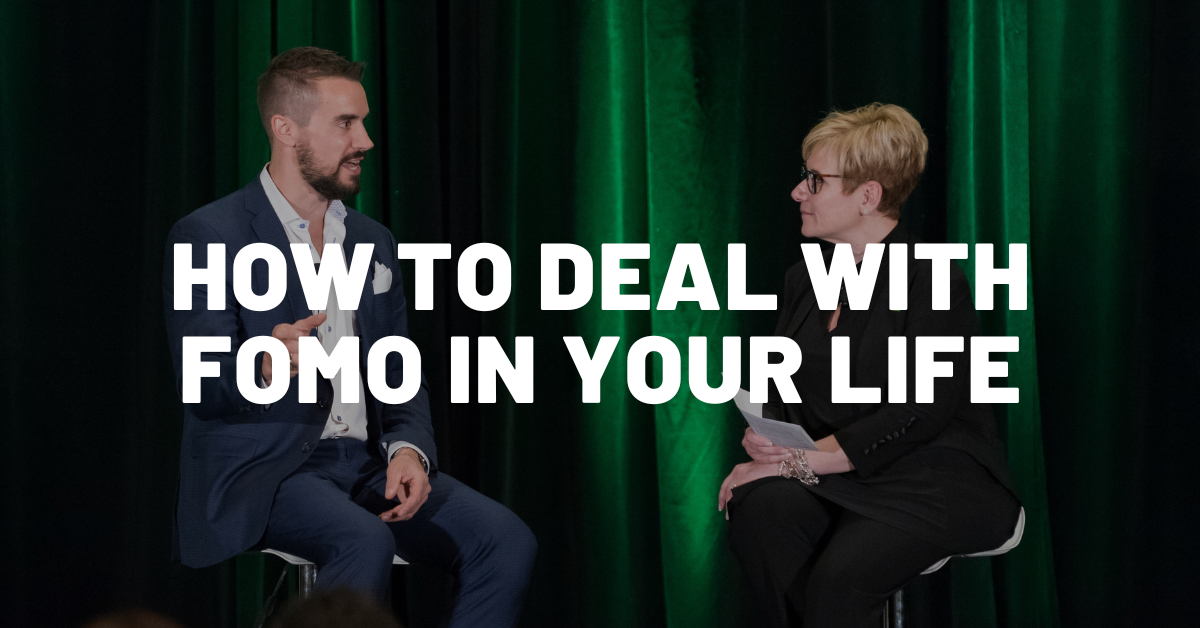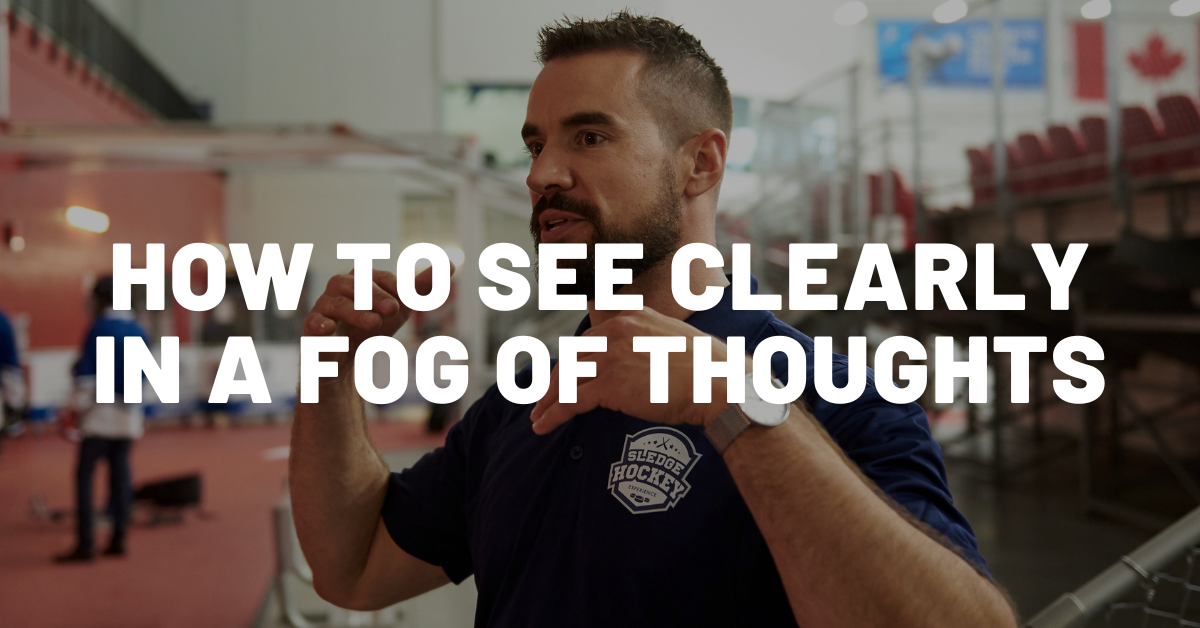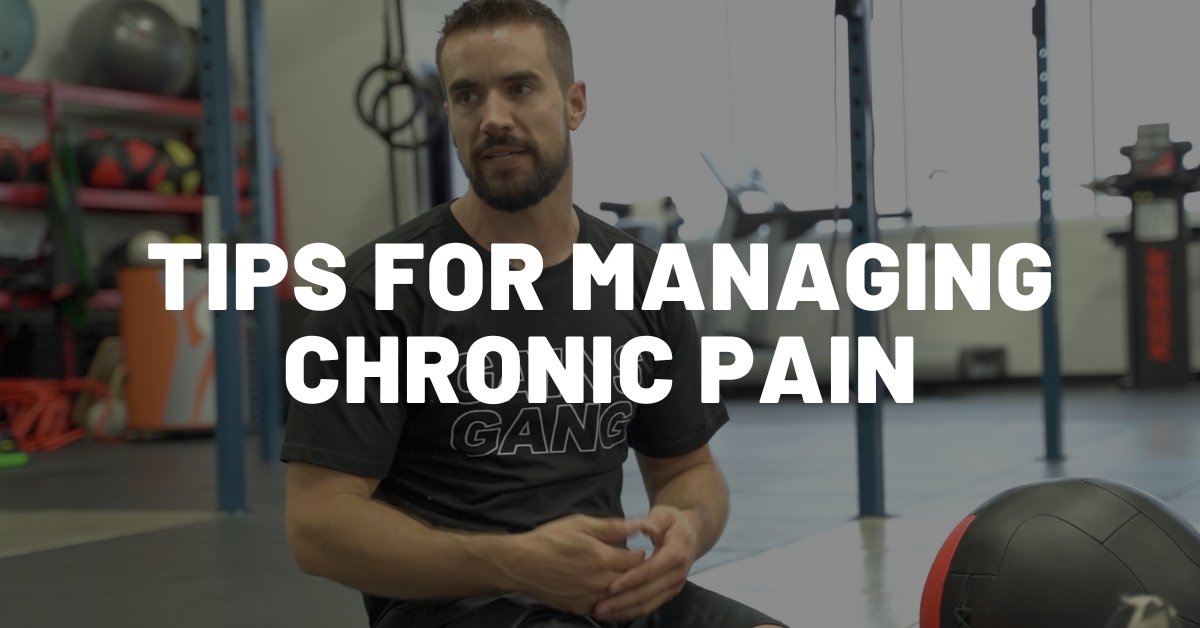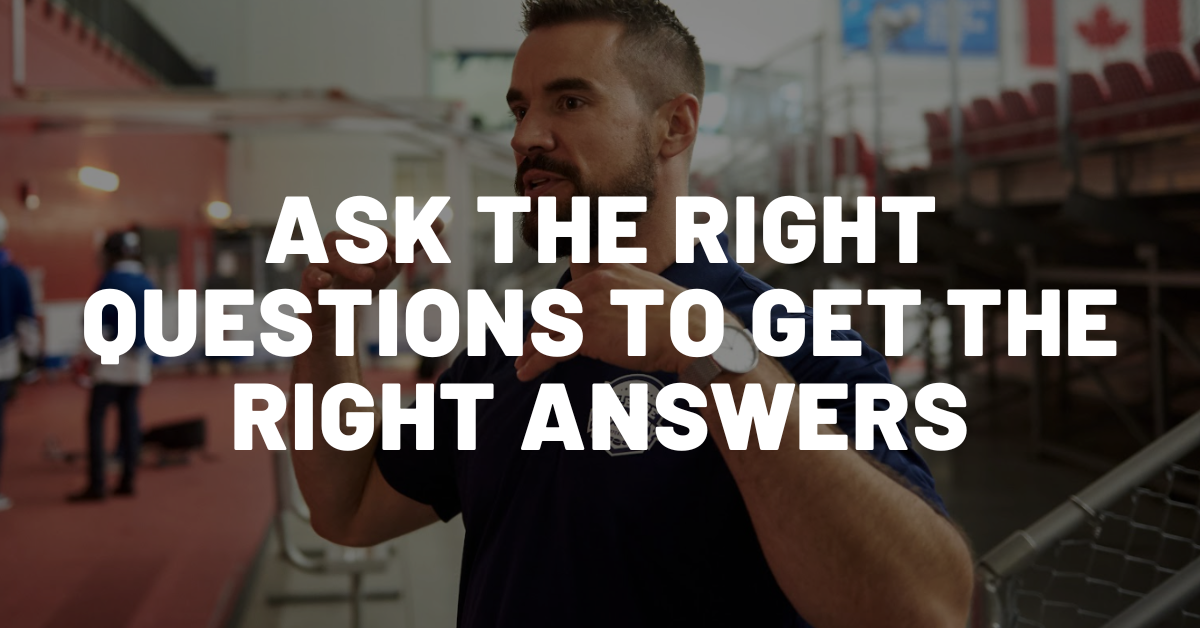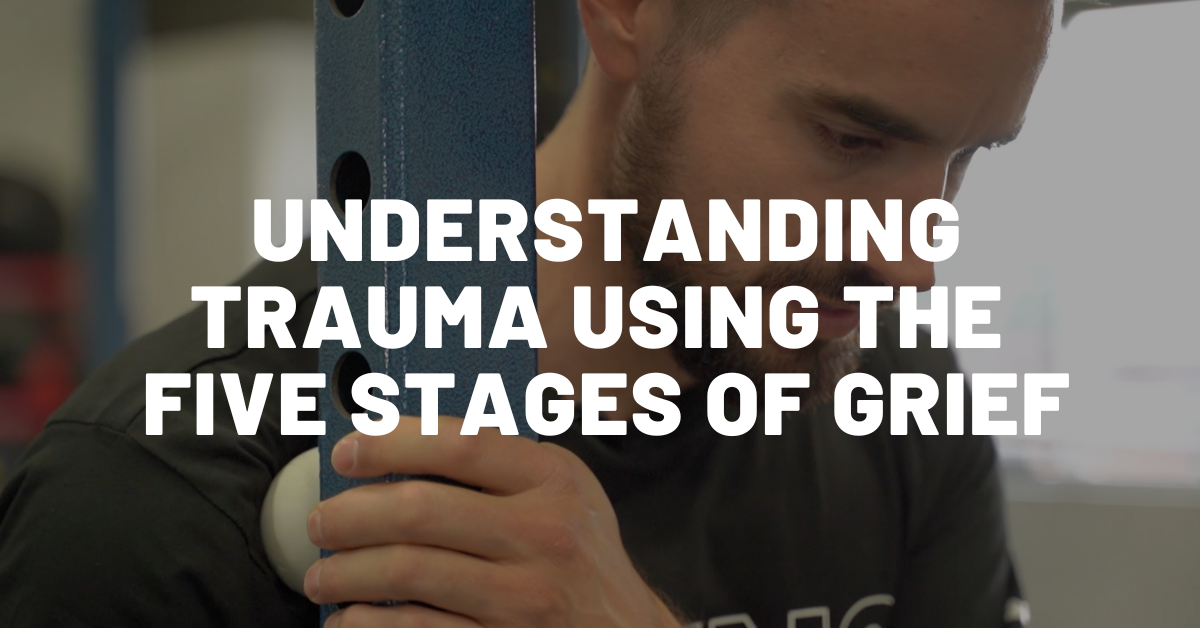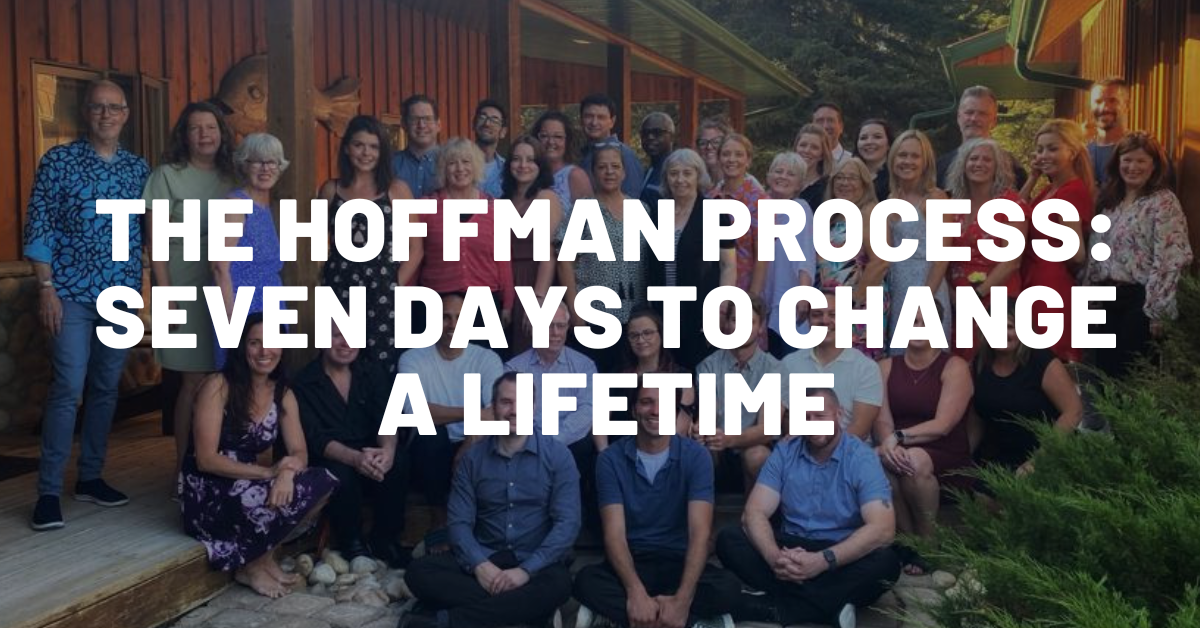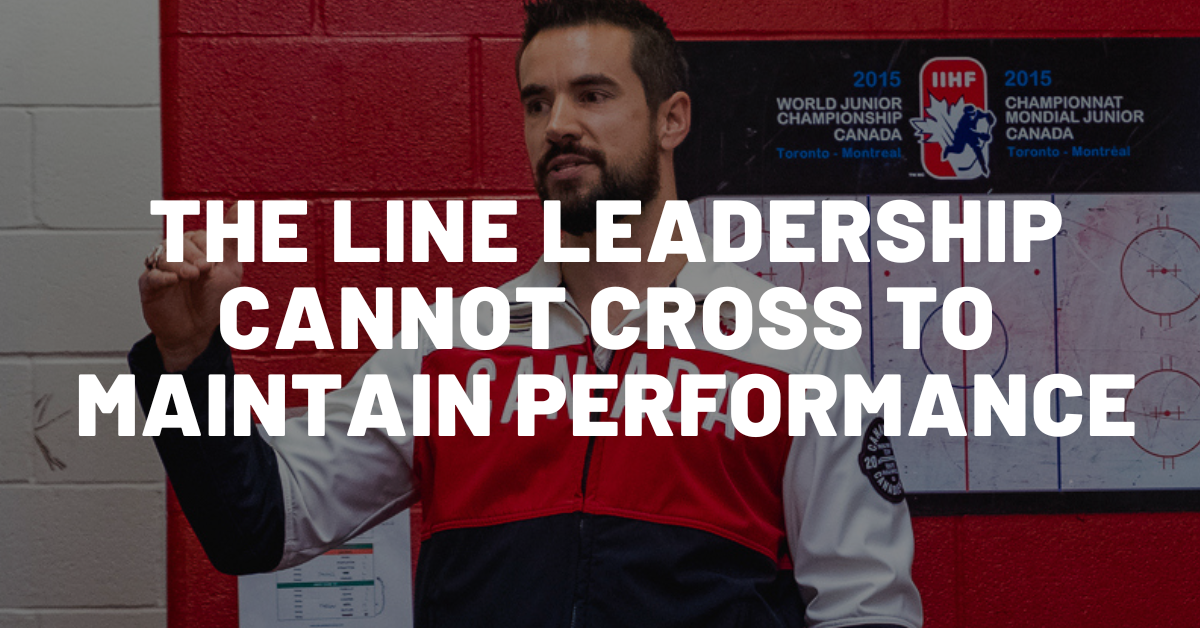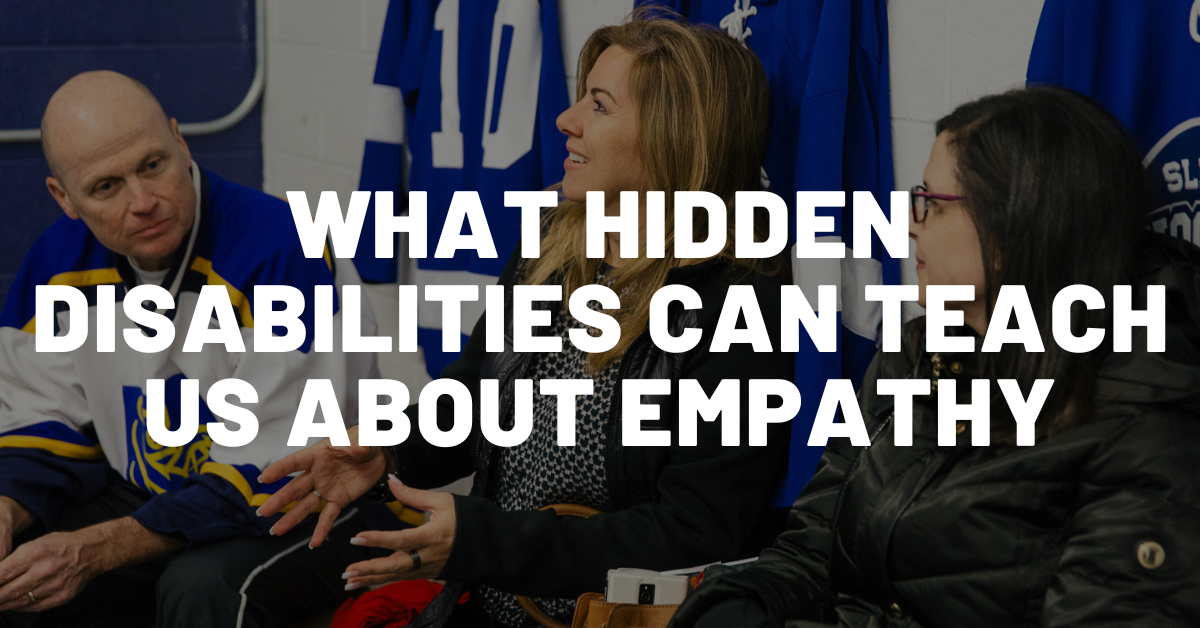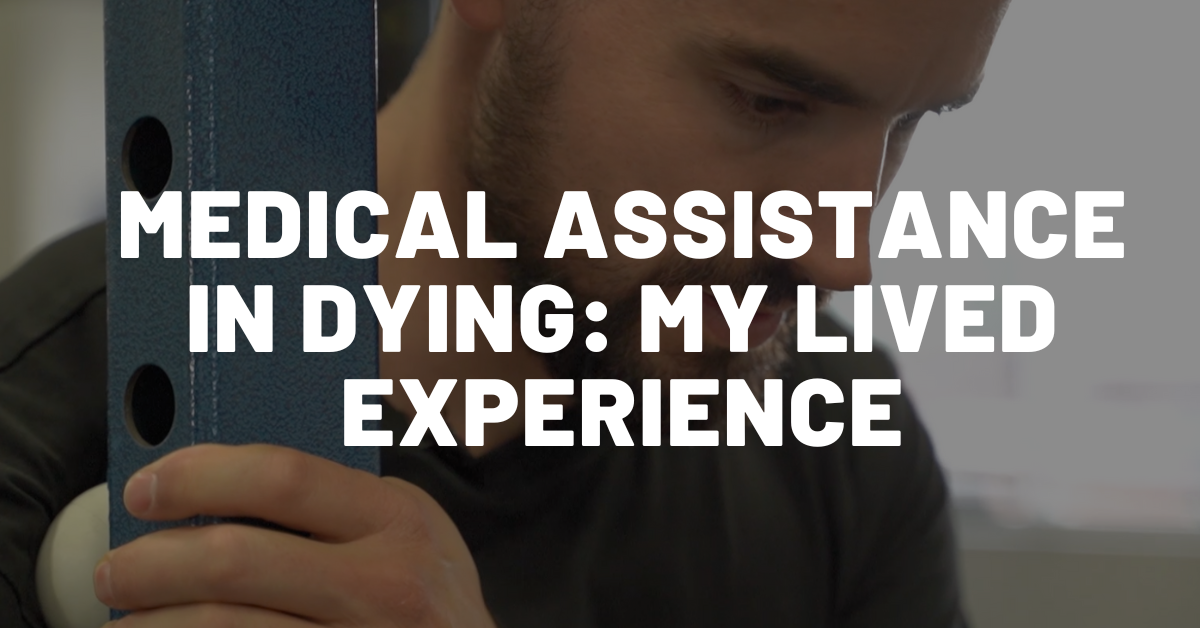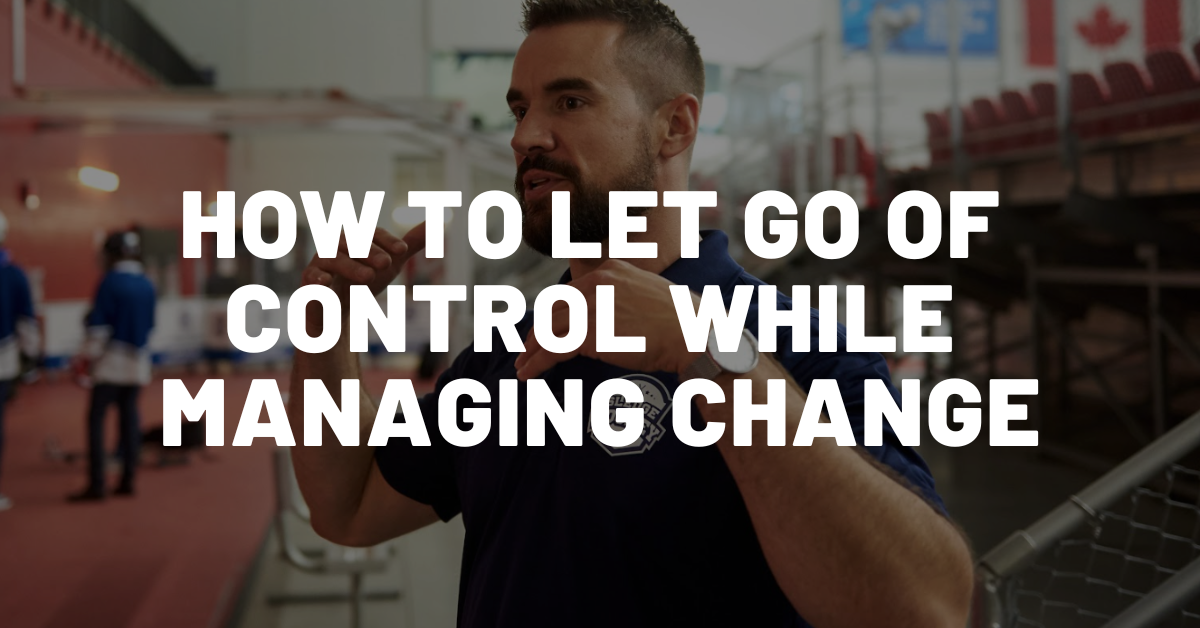*Note: This article has been updated. It was originally published in September 2019
A couple of weeks ago I had to bump my meeting twice, which really bugged me.
Not because I had a more important meeting.
Not because I had another meeting run late.
Not because something better came up and I had to lie about why I couldn’t attend my meeting in the first place.
No, I had to bump my meeting three times because I was getting burnt out. I was getting down on myself. And when your mental fatigue and energy go, so do your thoughts.
I was embarrassed, ashamed, and I was honest about it.
When I was able to connect with my friend, as most of us will do, I started to apologize multiple times for having to reschedule but then something cool happened.
My friend said to me “Ah man, it’s no big deal! You were super authentic about it and just told it how it was. I get it!”.
And that was a shocker – even to me.
You see, I speak very openly about mental health. I would say I am regularly the most open on my Instagram posts, but whether I am taking the stage for a keynote speech, or just trying to communicate with someone, I am always trying to be as real as I can.
(For tips on how to help someone else struggling with mental health, click here.)
We live in a world where we are afraid to admit our own battles, so it can be hard to be upfront about your struggles.
Examples of Communication Around Mental Health
To give you an example, I thought I would share with you some excerpts from my emails back and forth to give you insight into how to communicate honestly about when you need a break, and hopefully, you can use it in your own way.
After having plans scheduled and a “check-in to confirm” from my friend, here was my first cancellation email:
Good morning!
Thank you for checking in – the same thing was on my mind last night.
I have not been feeling very well these past few days and have been trying to power through it, but as I was calling it a night last night I was going to check in and see if we can please bump our meeting back one week to next Friday morning? Would that work for you? Same time and place?
I am up early today but just not doing well. It’d really be best to give myself some time to recover. I’m sorry for the last-minute notice.
I hope next Friday can work for you. I’m really looking forward to seeing you.
It’s nothing profound, but it’s honest about the struggle and more than a one-liner “can we please reschedule?” email.
Then after I had some time off, leading into the rescheduled meeting, I had to make a decision again, but chose to email my friend first this time with some notice:
Good morning!
You’ve been on my mind again and I want to reach out earlier this time.
After feeling ill last week I took off from the city and headed for Tobermory. I have been here for the last three days for a vacation and to be honest, don’t want to come home just yet.
I decided on Monday I would take the whole week off and come home Thursday/Friday, but would love to venture down to Grand Bend for a few days instead as this is my one and only chance to do so until likely next summer.
Please forgive me, as I am wondering if one more time we can reschedule to the following Friday, September 6th? The long weekend will be over, summer will be over, and I can’t afford to be gone any longer then as well. :p
I can come to you, wherever is most convenient for you. Thank you so much for understanding, I really appreciate it.
Again, pretty simple, but it’s honest about needing some extra time away.
When I speak, I speak on The Hero Mindset which is about focusing on the small things that make a big difference. When I returned home from the Paralympics, following my keynotes, people would always say to me “I could never do what you do.”, and from those conversations my signature keynote was born.
Actionable Steps to Improve Your Well-Being
One: Develop Your Self-Awareness
Recognize when you notice yourself starting to feel burnt out, getting down on yourself, and burning the candle at both ends for too long.
(To learn how to continue to improve your mental resilience, read more here.)
It might be when you start to experience chronic fatigue, tension headaches, mood swings, dizziness or confusion, yet you try to power through your day until you reach a point where you can’t take it anymore.
That’s when it’s too late.
Learn to recognize when you catch yourself falling into a downward spiral. As you do, take a step back, pause, and decide to prioritize yourself for a moment and integrate wellbeing on a daily basis to help get yourself back on track.
Two: Make a Decision
Make a decision to do the hard thing. It can be anything, from admitting that you need a break at work to reaching out to a trusted friend or colleague for help.
Perhaps you are an overachiever, a top performer, an executive, a new recruit, or a student… either way it can be scary for you to be upfront about some of these challenges, but nobody will know you are struggling unless you say so.
The fear of how others will view you may hold you back. You may find yourself talking yourself out of it, saying things like “I’ve got this. It’s not that big of a deal.”, yet if you did “Have this” you wouldn’t be struggling the way you are right now.
Deciding to ask for help or take a break might mean dealing with your own ego, and that is the obstacle to overcome.
How do you overcome your ego in this situation? By taking action.
Three: Take Action
What does taking action look like?
In my case as an entrepreneur, I had been building The Sledge Hockey Experience from my home office. I didn’t have colleagues to see every day so I had to step back from my own place of residence and get away for a few days, and not bring work with me.
That was a huge step for me, because all I wanted to do was bring work with me on my vacation to catch up! Most of us will grab work anyway, but the action of leaving your work at home is a big move.
That is taking action.
(To learn how leaders can inspire employees to speak up about mental health, click here.)
If you are in the workplace, it might mean connecting with HR or your People Manager to see what resources they have available to you. Life Works is a fantastic resource who can help with Employee and Family Assistance Programs (EFAP) if there is something going on at home that might be affecting you in the workplace.
For more simple strategies, I prefer to use Cognitive Behavioural Therapy techniques such as meditating through the Headspace App. It can be hard to convince yourself to sit and listen to the app, but I am telling you it is a total game changer in my life.
Going for a walk, hanging with friends (reconnecting), getting to the gym, and getting a good meal back in you. These are all action steps that you can take and will contribute towards your overall well-being.
They can’t fix things overnight for you, but they are simple actionable steps that you can take today to begin a new road.
In Closing
Being the hero of your own movie may not sound sexy at first, but it’s in the daily self-reflection, moments, and actions that we take that determine our destiny.
That’s having a Hero Mindset.
You have to be the one to step up if you want to see something change, and if you are struggling to be honest about your mental health, change can happen in something as simple as deciding to prioritize your health first, and how you write your own email.
If you have any thoughts, I would love to hear them below!
—
If you like this article, here are three more to help you succeed:
How To Turn Depression Around: Spiral Up, Not Down
Ask The Right Questions And You Will Get The Right Answers.
—Download your FREE copy of my autobiography, Still Standing: When You Have Every Reason to Give Up, Keep Going here.

